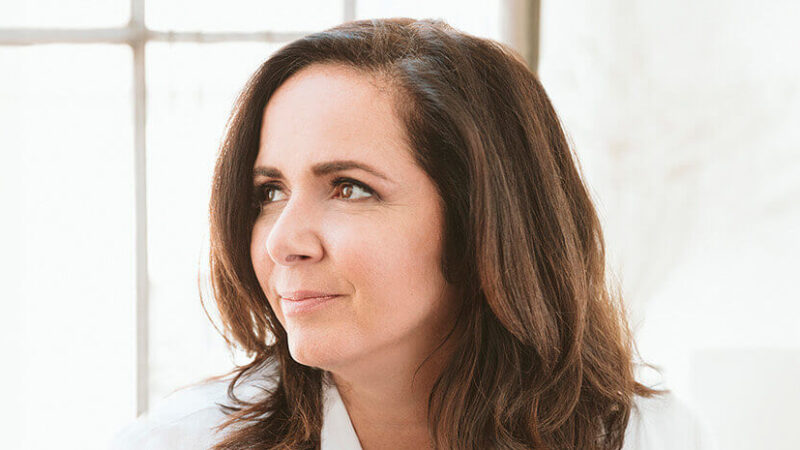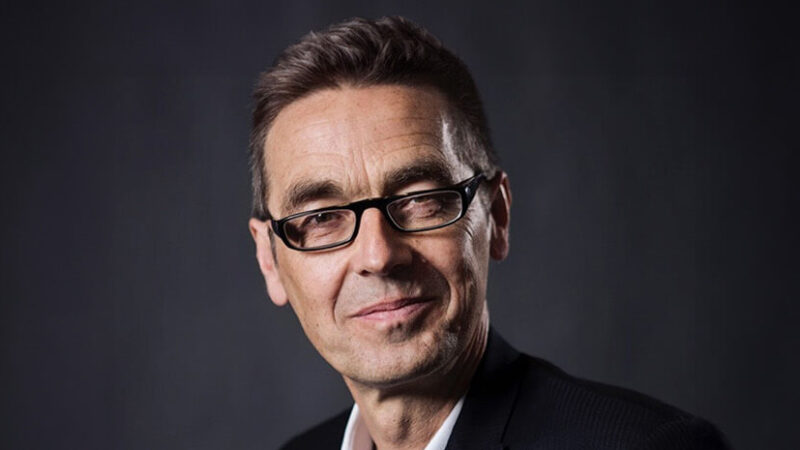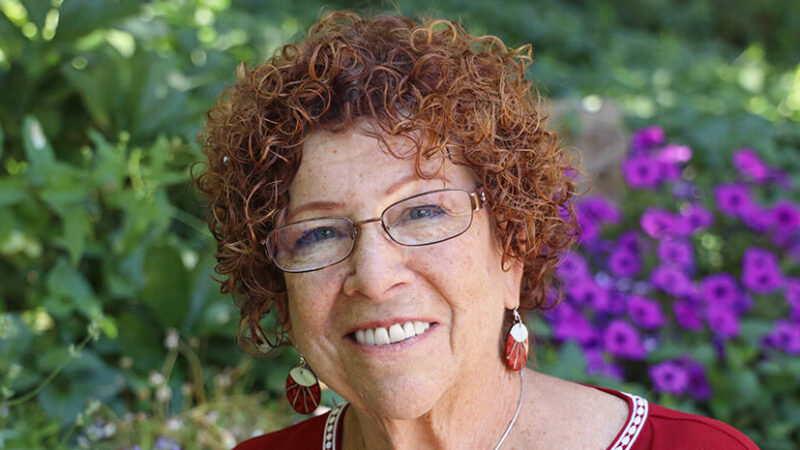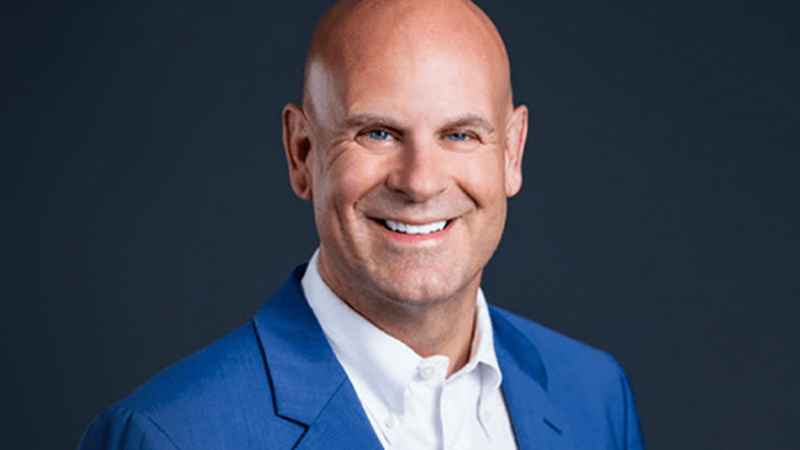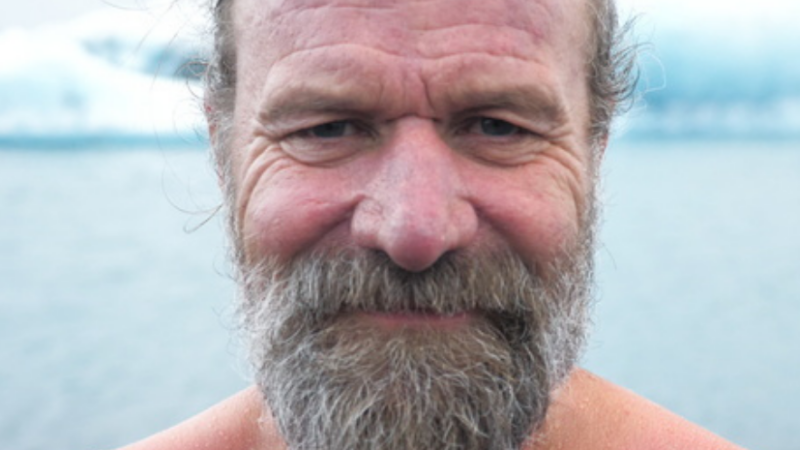-
E117: The Real Work: Letting Go from Within
Michael Singer — October 2, 2025
True spirituality isn’t about mystical experiences or lofty ideals—it’s about honestly facing...
-
Once More: Reflections on Reincarnation and the Gap Between Lives
Tami Simon — September 26, 2025
In this special reflection episode of Insights at the Edge host Tami Simon looks back on her...
-
Honey Tasting Meditation: Build Your Relationship with Sweetness
There is a saying that goes “hurt people hurt people.” I believe this to be true. We have been...
Written by:
Amy Burtaine, Michelle Cassandra Johnson
-
Many Voices, One Journey
The Sounds True Blog
Insights, reflections, and practices from Sounds True teachers, authors, staff, and more. Have a look—to find some inspiration and wisdom for uplifting your day.
Standing Together, and Stepping Up
Written By:
Tami Simon -
The Michael Singer Podcast
Your Highest Intention: Self-Realization
Michael Singer discusses intention—"perhaps the deepest thing we can talk about"—and the path to self-realization.
This Week:
E116: Doing the Best You Can: The Path to Liberation -
Many Voices, One Journey
The Sounds True Blog
Insights, reflections, and practices from Sounds True teachers, authors, staff, and more. Have a look—to find some inspiration and wisdom for uplifting your day.
Take Your Inner Child on Playdates
Written By:
Megan Sherer
600 Podcasts and Counting...
Subscribe to Insights at the Edge to hear all of Tami's interviews (transcripts available, too!), featuring Eckhart Tolle, Caroline Myss, Tara Brach, Jack Kornfield, Adyashanti, and many more.
Most Recent
Christina Rasmussen: Life Reentry: Exiting the Waiting...
There are certain experiences that are completely and utterly devastating, yet seemingly impossible to articulate and share. Grief educator and author Christina Rasmussen calls these our “invisible losses”—and they are often more perplexing and difficult to navigate than the overt tragedies we all endure in life. In this podcast, join Sounds True’s founder, Tami Simon, in conversation with Christina Rasmussen about her new book, Invisible Loss: Recognizing and Healing the Unacknowledged Heartbreak of Everyday Grief.
Filled with unique perspective and compassionate insight, this dialogue explores the place of uncertainty and stagnation known as “the waiting room”; the original self, and how we get disconnected from it; the impacts of an “us vs. them” experience; how to identify your primary invisible loss; three inner narrators—the survivor, the watcher, and the thriver; reclaiming our forgotten “thriver memories”; the cost of seeking approval; saying yes to what you’ve always wanted to do; cleansing our patterns of fear; the practice of mental stacking; the Life Reentry model; reframing our experiences and taking action from our wisdom; why the place of death is also the place of creation; and more.
Otto Scharmer: What Future Is Wanting to Emerge Throug...
Looking at the state of our world, says Dr. Otto Scharmer, it’s plain to see that there’s something wrong with our collective decision-making. How, then, do we move from just reacting against the issues of the past, toward sensing and actualizing the future that is wanting to emerge? That is the profound question at the heart of this podcast featuring the renowned MIT lecturer, author of Theory U, and contributing faculty member to Sounds True’s Inner MBA® program.
In a bold conversation that speaks directly to both our individual empowerment and the larger societal changes that are becoming increasingly urgent, Tami Simon and Otto Scharmer discuss: the collective sense of depression and disillusion at this time; reframing a fearful cultural narrative to one of hope and possibility; bridging today’s ecological, social, and spiritual divides; ego-system awareness vs. ecosystem awareness; big changes through small steps; the subtle shift of “opening the will”; letting go of what’s not essential; moving from certainties to not knowing; Social Presencing; courage; why transformational work and activating our potential is easier than we think; creating a “holding space” and allowing generative forces to come forth; attention, intention, and agency; the invisible yet vital part of our social field—the quality of our relationships; deep listening; the awakening of the human spirit; and more.
Note: This episode originally aired on Sounds True One, where these special episodes of Insights at the Edge are available to watch live on video and with exclusive access to Q&As with our guests. Learn more at join.soundstrue.com.
Margaret J. Wheatley, EdD: Beyond Hope and Fear
Are we in the midst of a civilizational collapse? There are some definitive signs, says Margaret (Meg) Wheatley, who has spent a lifetime as an activist and educator seeking to create a more caring, compassionate, and connected world. In this podcast, Tami Simon speaks with the renowned organizational and systems expert about how she maintains faith in humanity and a tireless commitment to her life’s work, even as she approaches 80 years old.
Tune in for an inspiring call to become a “spiritual warrior” at this precarious time in history, with profound insights on how life exists in cycles—and why this is important to understand; putting our energy and desire to contribute in the right places; compassion and insight; seeing clearly so we can act wisely; removing the filters of hope and fear; grace, synchronicity, and serving your purpose; being faithful to the work you’re called to; the dark night of the soul; working for change at the local level; joy and togetherness; the antidote to despair; the practice of “I’m not lost, I’m right here”; and more.
Note: This episode originally aired on Sounds True One, where these special episodes of Insights at the Edge are available to watch live on video and with exclusive access to Q&As with our guests. Learn more at join.soundstrue.com.
Customer Favorites
The Life-Changing Science of Spontaneous Healing
Dr. Jeffrey Rediger is a licensed physician and board certified psychiatrist who also has a master’s of divinity from Princeton Theological Seminary. An assistant professor at Harvard Medical School and the medical director at McLean Hospital, Dr. Rediger has spent almost 20 years researching the factors present in cases labeled as spontaneous healing—the topic explored in his bestselling book Cured: Strengthen Your Immune System and Heal Your Life.
In this eye-opening, hope-giving podcast, Sounds True founder Tami Simon speaks with Dr. Rediger about his personal journey—from an upbringing in a traditional Amish household, to how he “ran away to college” and began a deep exploration of the connection between faith and medicine, and what is truly possible on the journey toward health and healing. Tami and Dr. Rediger discuss the sometimes competing, sometimes cooperating worldviews of science and spirituality; the unfortunate absence of curiosity in so much of science and medicine; lifestyle illnesses as the root cause of most health challenges in the Western world; his four pillars of health: nutrition, immunity, stress response, and what he calls “healing your identity”; retraining the beliefs that are holding us back; understanding and healing trauma; facing our shadows and waking up to our own inherent value and dignity; and much more.
Wim Hof: The Cold as a Noble Force
Wim Hof is an athlete and extremophile daredevil nicknamed “The Iceman” for his feats of withstanding extreme weather conditions. The holder of more than 20 Guinness World Records, Wim attributes his endurance to specific meditation and breathing techniques. In this intriguing episode of Insights at the Edge, Tami Simon speaks with Wim about the Wim Hof Method of exercises, mindfulness techniques, and cold exposure, and how this regimen can shift our mental perspective as well as physical resilience. Wim describes the ways his practice dovetails with ancient Tibetan Buddhist inner fire meditation and how it alters body chemistry. Finally, Wim describes coldness as a noble force, asserting that by testing our physical limits we also gain a better understanding of the boundless capacities of the human spirit. (72 minutes)
For more information about the Wim Hof Method, please visit wimhofmethod.com.
If the only prayer you ever say in your whole life is ...
If the only prayer you ever say in your whole life is “thank you,” that would suffice. -Meister Eckhart
We are quite sure that tomorrow will come, that the most sacred in-breath and out-breath will be there, that grace will take shape as the sun falling into the ocean, that the love that animates this body will continue to take form in such a rare way. But some part of us knows that it is really so fragile here, so precarious, so extraordinary, that this life is not what we think, and that it will be returned to love very soon. It is too much, though, to let this in all the way, as we know that do so would change everything.
We really are on borrowed time, a loan of grace directly from the cells of the heart of the beloved. Yet we know that she will be asking for this unbearably precious gift to be returned soon, so that she may recycle the uniqueness that you are and swirl it out through this and all universes. She will paint the stars in the sky with the essence of what you are, with the signature of your unique soul, and with each and every light strand of your DNA. She will take every word of sweetness that you have ever uttered, every act of kindness you have ever performed, every moment of humility and longing in your heart, and use it to touch sentient life everywhere. And what you are will then pour through every shooting star that will ever fall through the sky again, into eternity; the dust of the stars and the dust of your heart weaved back into one substance.
So let us take just a moment and say thank you, and to get real clear about what it is we are ready to give, what is really and truly most important, and what is falling away.


